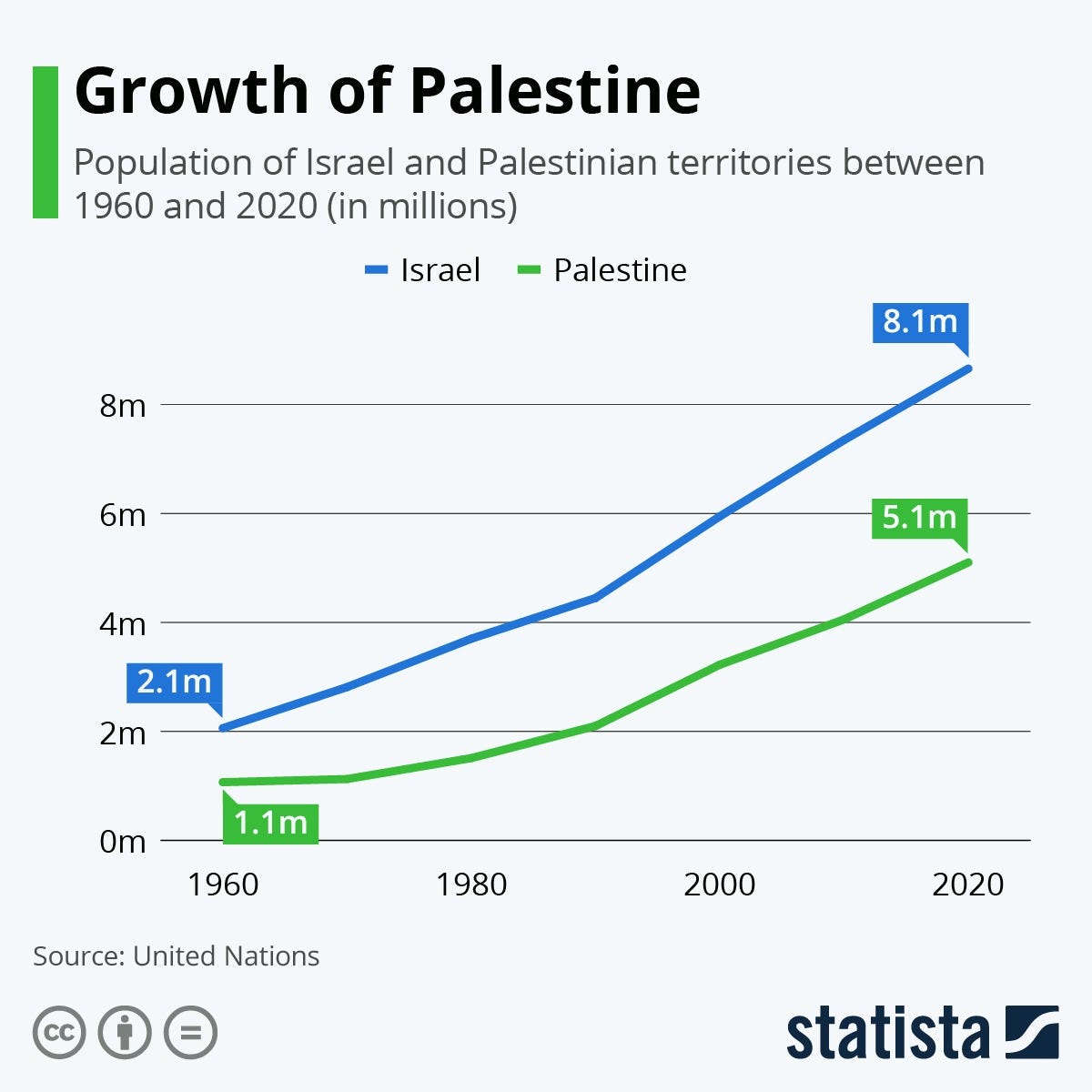Genocide is one of the worst sins known to humanity. Only humans are capable of committing it, because it requires a very clear intent: the deliberate mass murder of a specific nation or ethnic group viewed as inferior, with the intent of wiping out that targeted group. It also requires a certain amount of power to be bestowed upon those charged with carrying it out. In essence, the group with the power exterminates (or attempts to) those deemed “the other” because they can.
Since the start of the Israel-Hamas War, western observers of this conflict can’t stop repeating the term ‘genocide.’ The concept of genocide has become a matter of opinion, rather than a fact with very specific criteria. The problem with straying from the real definition is that it takes away from the grim reality of what genocide actually is, and takes attention away from the groups who actually experienced it. As author
brilliantly states, we now live in a world of “The New Genocide.” This new definition is based on whatever criteria the speaker pleases, including but not limited to: any time civilians are killed, the destruction of buildings/infrastructure during war, or anything someone self-immolates to protest.It doesn’t matter how modern social media consumers choose to re-define genocide—the real definition doesn’t change just because someone on TikTok wants it to. If we take the time to explore why the Israel-Hamas War in particular calls for such a bastardization of the term, perhaps how we can shift the conversation to real solutions on how to address this major problem in modern discourse.
Keep reading with a 7-day free trial
Subscribe to The Liberal Jew to keep reading this post and get 7 days of free access to the full post archives.




